A webinar co-hosted by international NGOs HWPL and the Foreign Affairs Club of India (FACI) is held on December 10 with the theme of ‘2022 Aspirations for Peace in the South Pacific’. A total of 40 people from 6 countries, including Republic of Korea, India, Papua New Guinea, Fiji, and Tuvalu, attended and discussed the necessity of peace in the South Pacific region.
FACI is a non-governmental organization with over 500 intellectuals around the world as its members. It has regularly hosted webinars by inviting diplomats, ambassadors, and politicians from various countries to contribute to international understanding, disarmament, and world peace through its multifarious activities.
This event was driven by Dr. Jyoti Mohapatra, the Secretary General of FACI, who has been in partnership with HWPL, and the webinar is consisted of 3 sessions to discuss climate change and human rights issues, one of the great threats to peace in the South Pacific.
H.E. Deepak Jain, Consulate General of Tuvalu, said at the event as a representative of Tuvalu in India that there is a big concern over climate change and sea level rise, which are the major risks Tuvalu will face in the near future. He said this would affect the sovereignty, dignity and integrity of the country.
Regarding the climate change and security threats, Frieda Kana, a journalist from Digital Media Venture in Papua New Guinea, said that the issue of climate change and the achievement of world peace are closely related.
She said, “Though the South Pacific region is the place where there is no nuclear war, we are affected by everything happening in the world,” she said, adding, for example, the recent war between Russia and Ukraine has caused inflation and oil prices to rise, leading to conflicts and discord in society.” She also said journalists have a responsibility to keep people informed of the dangers of climate change and its link to security.
Former Governor General of Tuvalu, H.E. Iakoba Taeia Italeli, said, “Peace does not only mean that there are no wars and conflicts. According to the IPCC report, the Pacific region is one of the most vulnerable regions to worsening climate risks, with its impact likely to threaten social cohesion, political stability, peace and security. And it leads to sexual violence and human rights issues against women, young and disabled people.”
A humanitarian volunteer officer of ARUKA Fiji, Nitin Navitesh Raj, said the pandemic and the war between Russia and Ukraine caused millions of children to lose their right to education, left many displaced people, exacerbated human rights violations and inequality. “In the Pacific, including Fiji, there is a need for improvement on human rights issues such as violence against women, overcrowding in prisons, discrimination, and the right to express one’s opinion,” he said.
H.E. Iakoba Taeia Italeli, said that ‘the Declaration of Peace and Cessation of War (DPCW)’ will help raise awareness and inform the world of these climate change and human rights issues through education and training.
The DPCW is a declaration proclaimed by HWPL in 2016, consisting of 10 articles and 38 clauses. Suhn Park, General Director of the International Law Department of HWPL, said, “we must ask ourselves, why is there still an outbreak of war in 2022, almost 400 years after the first international effort to stop wars since the 1648 Treaty of Westfalen?” And she said, “The DPCW is an innovative declaration that steps up measures to actively block the exercising of aggression, supplementing the UN Charter and current international law.”
Chan-woong Jeong, the Chief Branch Manager of HWPL Eastern Seoul & Gyeonggi, expressed that it was a pleasure for him to discuss climate change and human rights issues with many people from India and South Pacific region, and hoped that this kind of platform for dialogue would continue until peace is achieved.
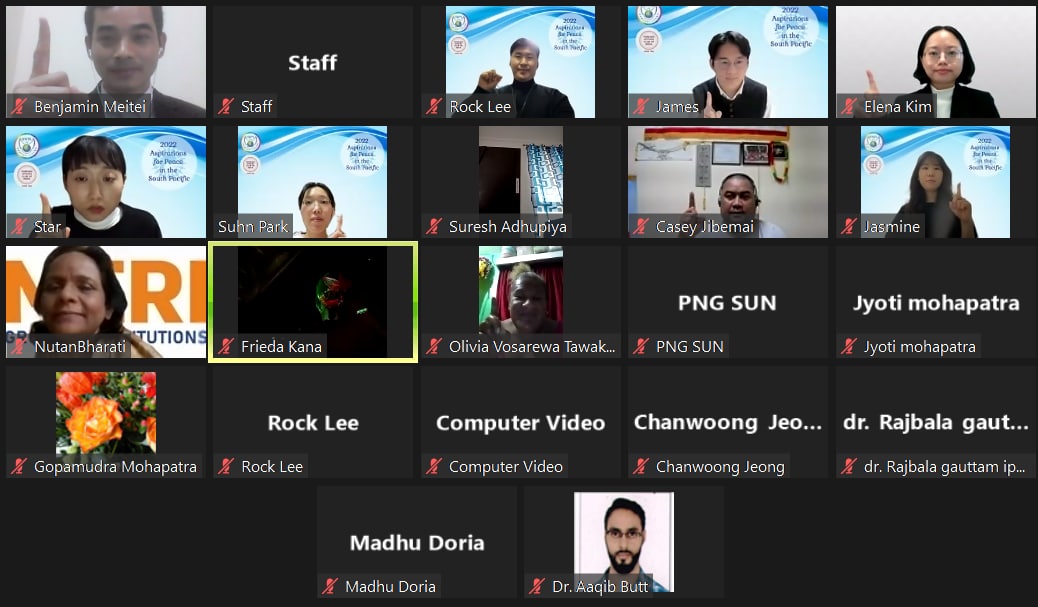
Source: Supplied
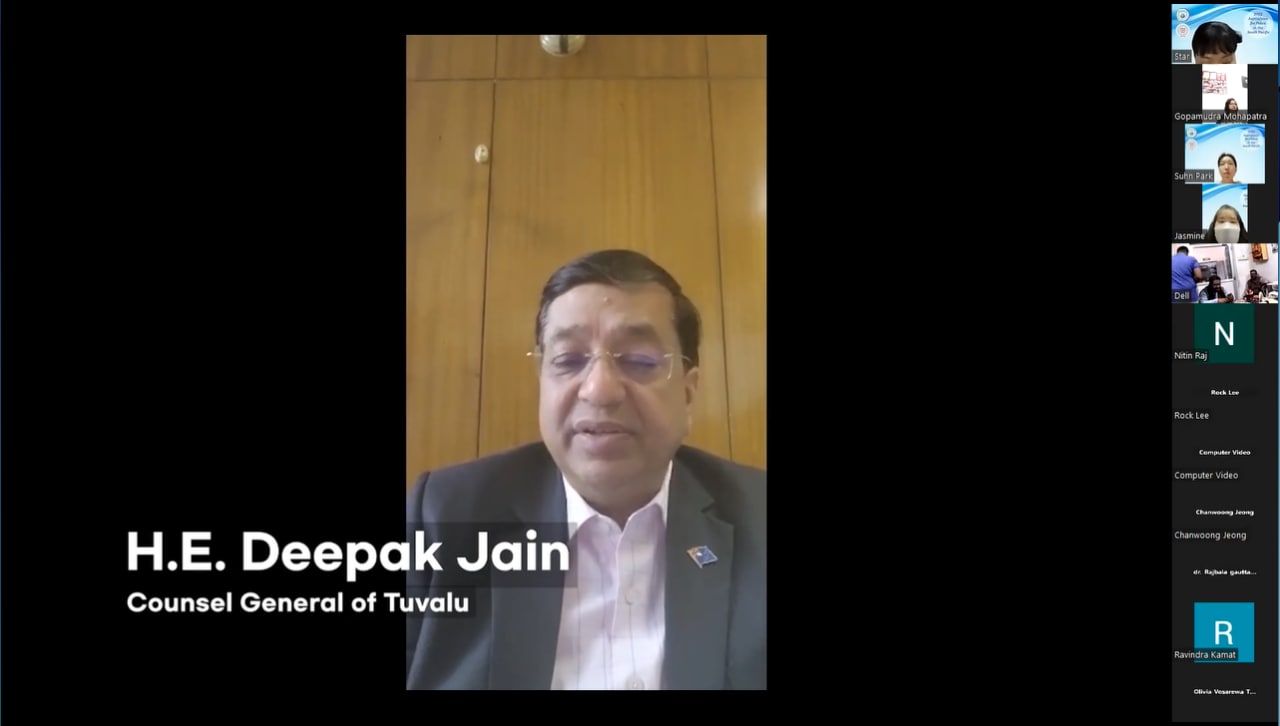
Source: Supplied
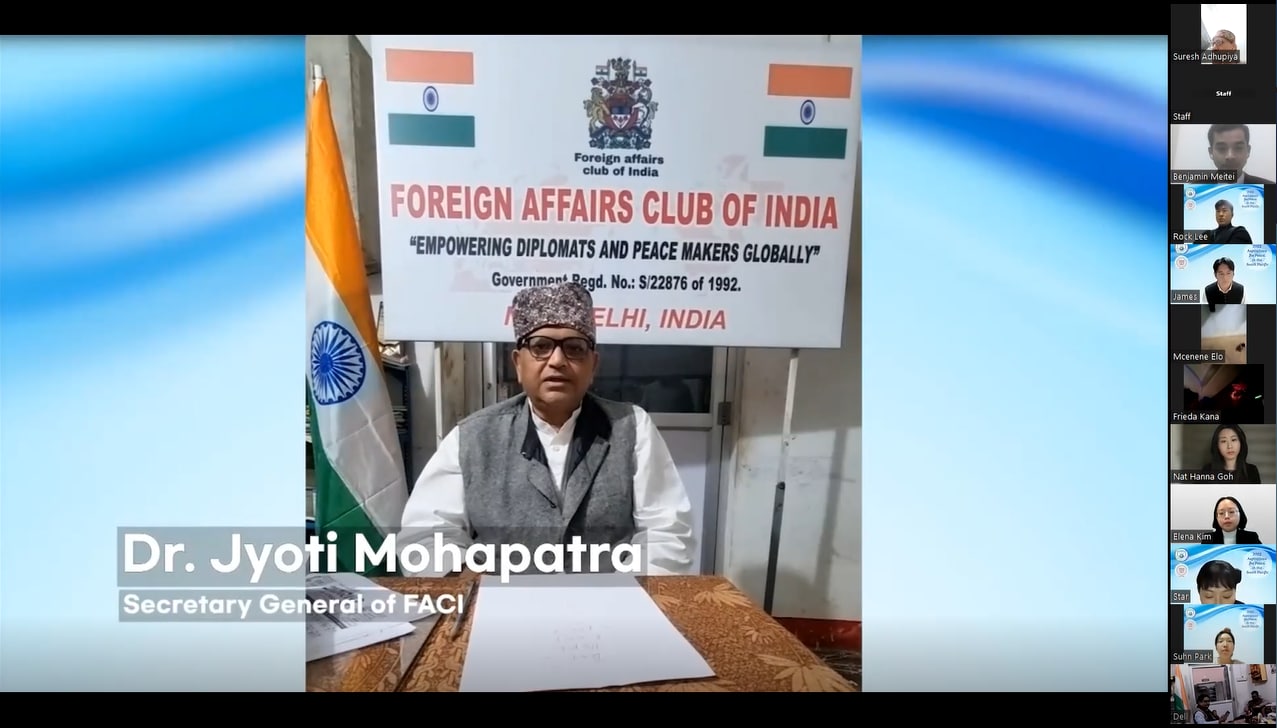
Source: Supplied
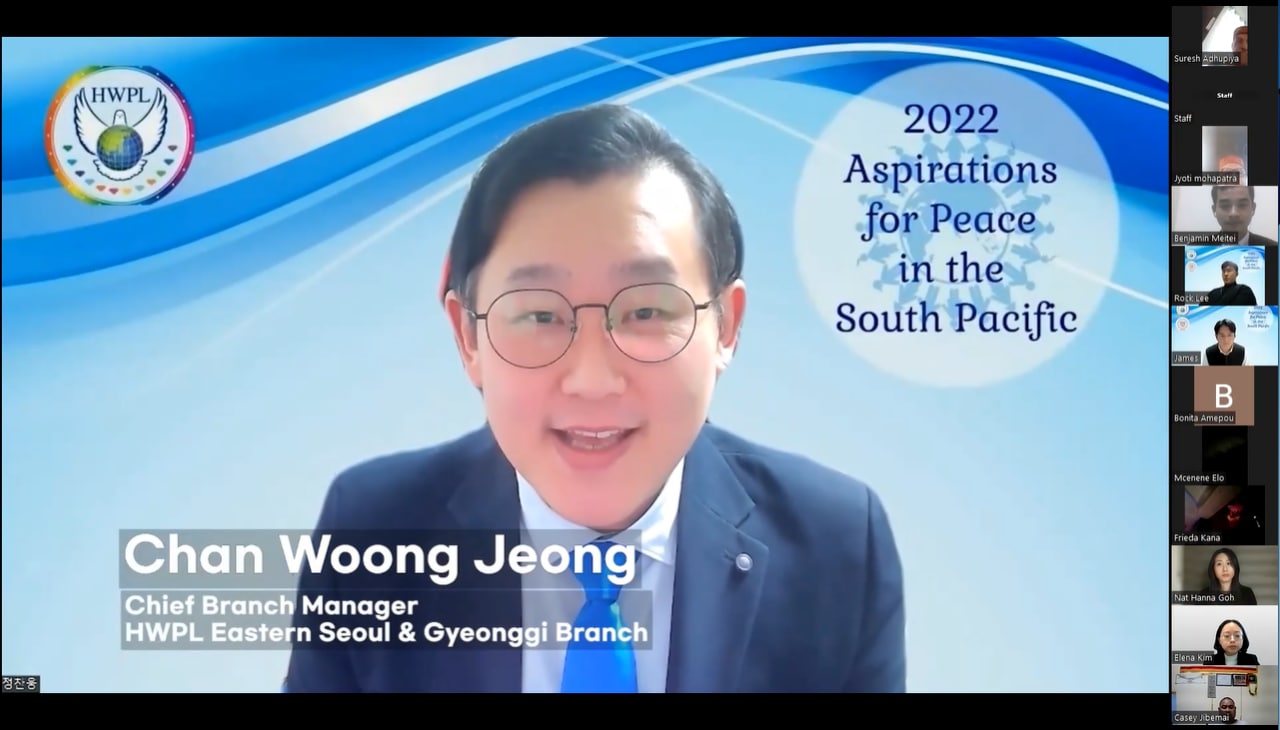
Source: Supplied
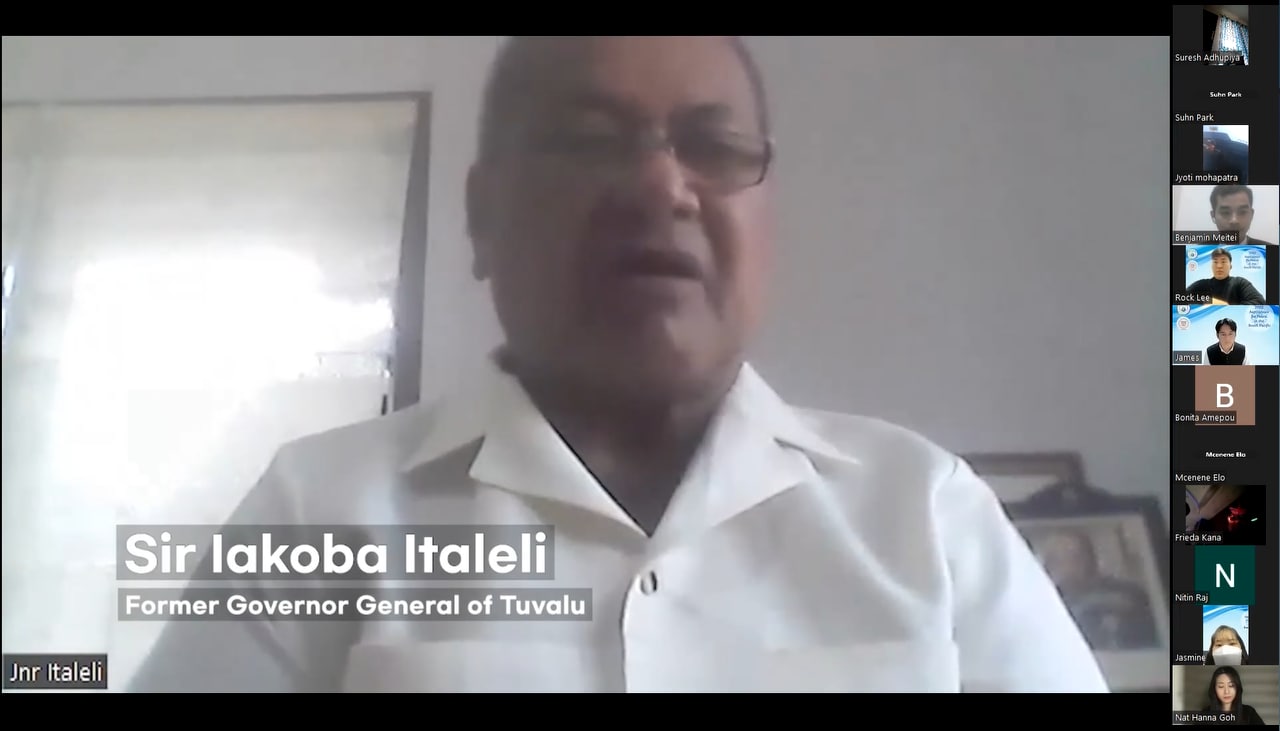
Source: Supplied
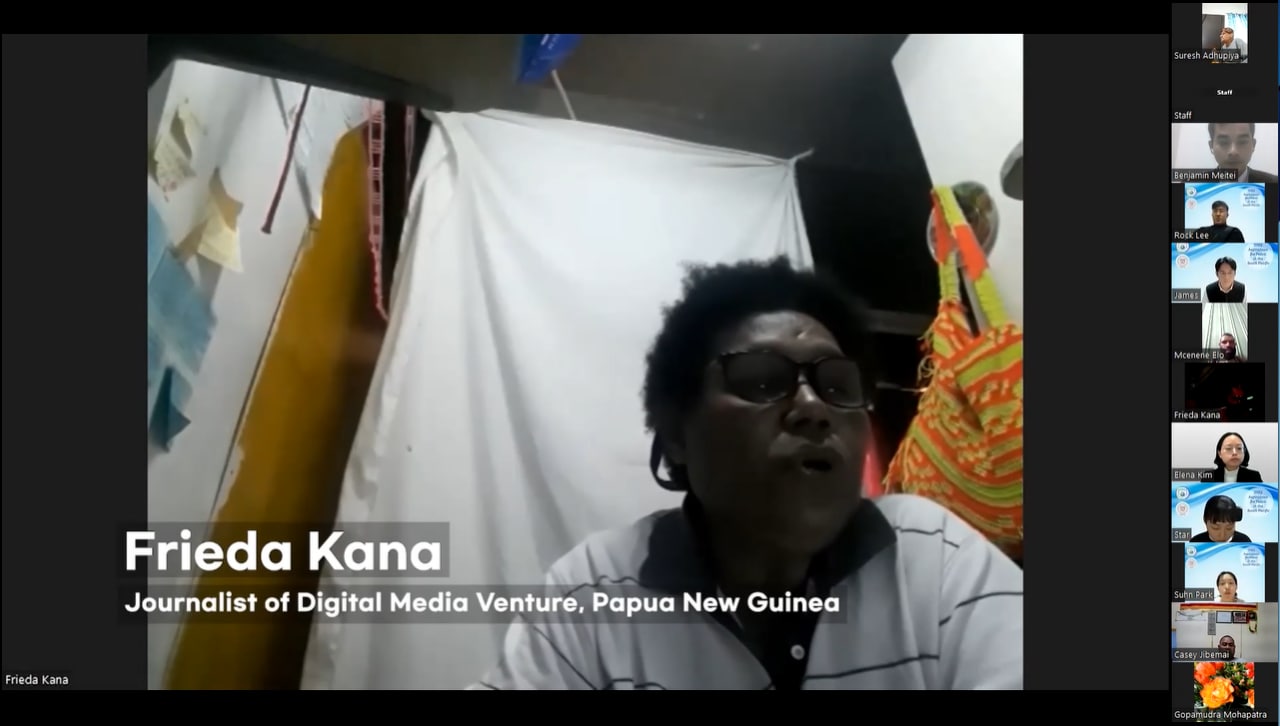
Source: Supplied
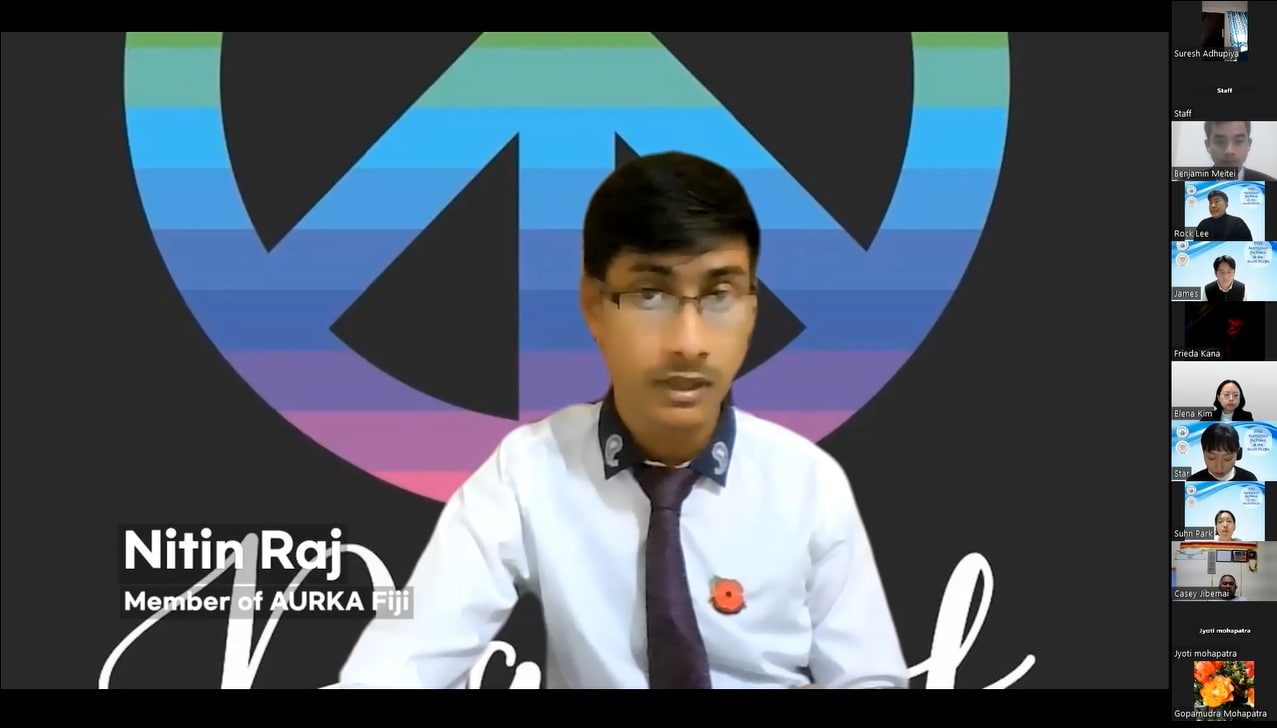
Source: Supplied
BY Heavenly Culture, World Peace, Restoration of Light (HWPL)
